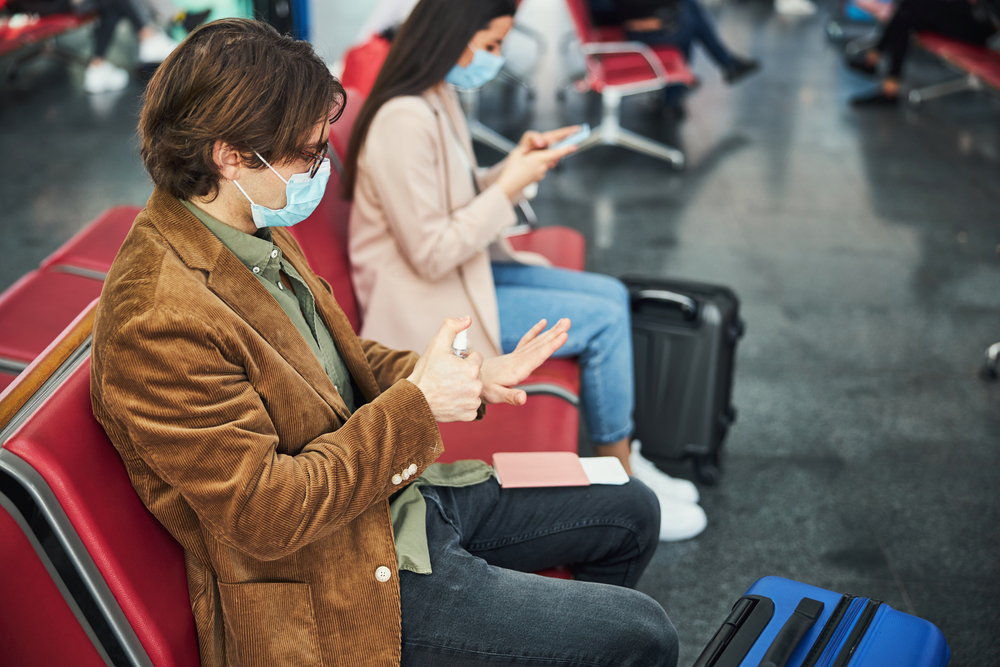Starting today, travellers coming from outside the EU/Schengen area can only travel to the Netherlands under new rules. For one, they must always have a negative test certificate to enter the country.
These new rules will also apply to fully-vaccinated travellers and people with a recovery certificate to try and curb the spread of the omicron variant, reports the NOS.
READ MORE | Coronavirus in the Netherlands: all you need to know [UPDATED]
Back to the basics
Evidence from a PCR test may be up to 48 hours old to be considered valid for travel. Antigen tests can be a maximum of 24 hours old.
In addition to these rules, travellers coming from very high-risk countries will also have to quarantine for 10 days upon arrival in the Netherlands. This period can be shortened by receiving a negative PCR test result from the GGD (municipal health department) after five days of quarantine.
The rule also applies to visitors from the UK, who have recently been put in the very high-risk category by other European countries. So much for staying in the EU. 😬
Rule exceptions
Of course, there are exceptions to these new rules. Travellers from these very high-risk countries under the age of 12 will not be obligated to do a PCR or antigen test — something to relieve parents.
The new entry rules will also not apply to any countries belonging to the EU/Schengen area (European Union perks 🇪🇺) and the Caribbean parts of the Netherlands including Aruba, Curaçao, and Sint Maarten, and the three public bodies Bonaire, Sint Eustatius, and Saba.
Drastic measures
Other countries in the EU will be using the same measures but the Netherlands is the first to implement it after announcing its third hard lockdown since the start of the pandemic.
In the meantime, the Netherlands has announced its intentions to get everyone’s booster shots by mid-March.
What do you think about the new travel rules? Tell us your thoughts in the comments
Image: svitlanahulko85.gmail.com/Depositphotos



